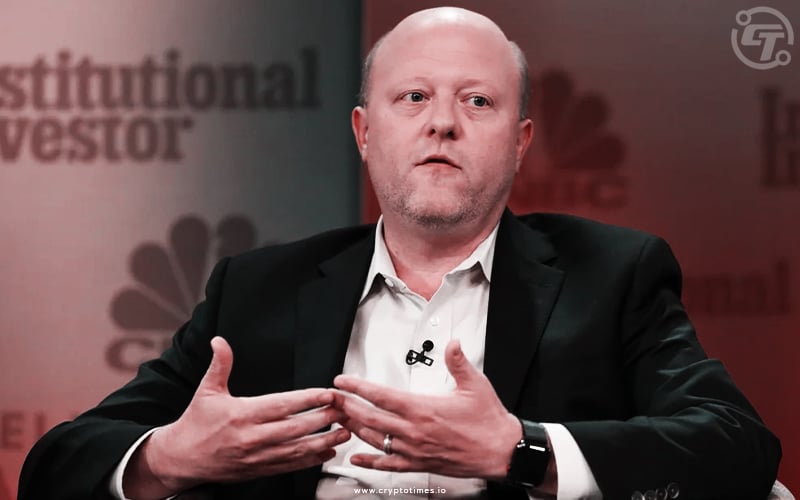It is essential to have a regulatory body that understands the risks associated with stablecoins and has the necessary expertise to oversee them. The Office of the Comptroller of the Currency has experience in managing payment and settlement systems and are well-suited to regulate stablecoins.
According to Circle founder and CEO Jeremy Allaire, the Securities and Exchange Commission (SEC) is not suited to regulate stablecoins, despite the similarities between stablecoins and securities. Although stablecoins have features that resemble securities, they function primarily as a means of exchange, which falls outside the jurisdiction of the SEC.
A regulatory body with expertise in payment and settlement systems, such as the Federal Reserve or the Office of the Comptroller of the Currency, is better suited to oversee stablecoins. These regulatory bodies have the necessary knowledge to manage the various risks associated with stablecoins, including credit, liquidity, operational, and legal risks.
While the SEC has the mandate to regulate securities, it may not have the expertise to regulate stablecoins effectively. Stablecoins have unique risks associated with them, including the risk of failure to maintain the peg to the underlying asset, cybersecurity risks, and operational risks.
Even though stablecoins share some similarities with securities, their primary purpose as a medium of exchange sets them apart from traditional securities.
Also Read: India Aims for Consensus on Crypto Regulation at G20 Presidency







